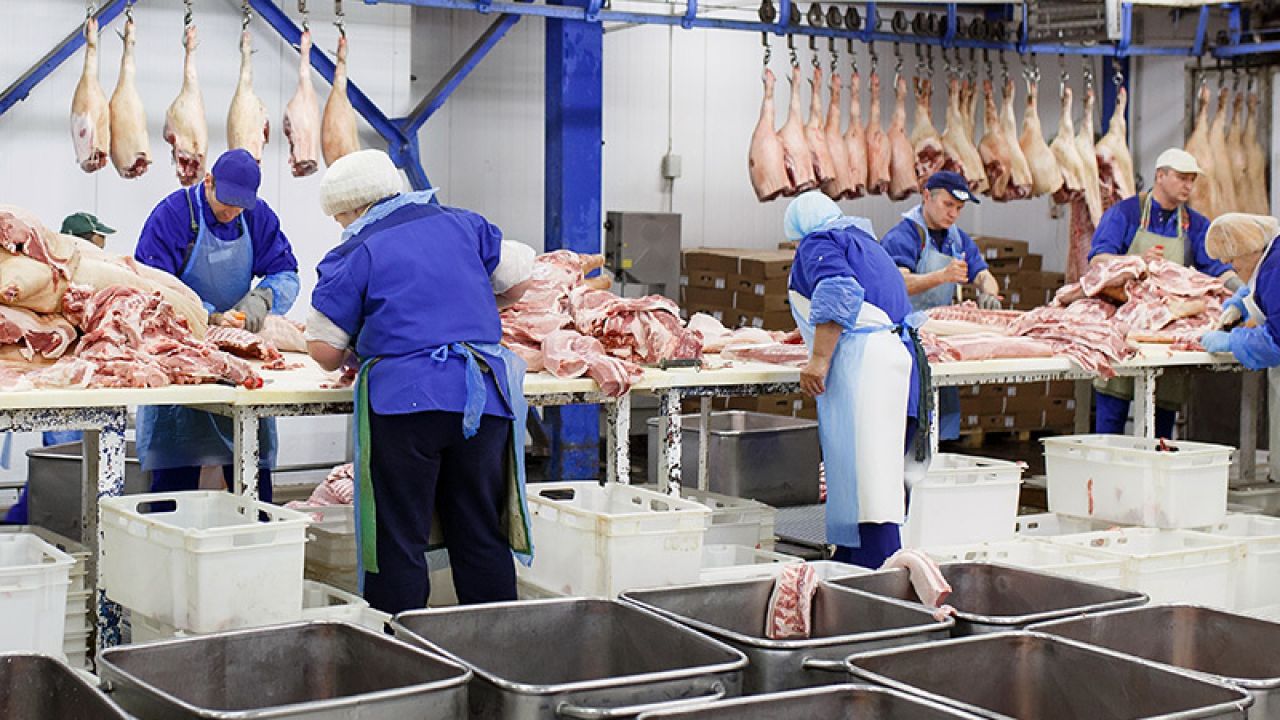
Meat prices are skyrocketing, in part because just four meat companies control 85 percent of U.S. beef supplies. In response, President Joe Biden this week introduced an action plan targeting “capitalism without competition” in the meat and poultry sector.
This long overdue strategy includes important reforms designed to secure a more competitive marketplace, support safer workplaces and protect consumers from misleading claims about which products are made in the U.S. Most important, it will give smaller farmers and ranchers a chance to earn a fair price.
But Biden missed the chance to expand the production of plant-based and other protein alternatives that can help limit Big Meat’s stranglehold on the nation’s protein supplies.
Pound for pound, plant-based proteins can still cost more than animal proteins. Plant-based protein companies are struggling to add capacity to meet growing demand. As more companies bring products to market, the prices of plant-based products have dropped but they’re not yet the same as meat and poultry.
Scaling up plant-based proteins could help close the price gap. But the Department of Agriculture it is not investing in plant-based and other alternative proteins the way it is in independent animal protein facilities. Biden’s plan provides $1 billion to expand independent meat processing capacity, including $375 million for new processing plants. But none of these funds will be used on plant-based proteins, despite their proven benefits.
Consumption of plant-based proteins can reduce risk of heart disease compared to eating beef, reduce the use of life-saving antibiotics in meat and poultry production, and provide cleaner air and water in rural communities devastated by animal agriculture.
And plant-based proteins can be much better for the climate. Fertilizing feed for animals emits nitrous oxide, a greenhouse gas 300 times more powerful than carbon dioxide, or CO2. When animals eat this feed and produce manure, it generates methane emissions, which are 80 times more powerful than CO2. Plowing grassland and forest to grow feed for animals also releases carbon from soil into the atmosphere.
The good news is demand for alternative proteins keeps rising, especially among consumers who are not vegetarians and vegans, but it still pales in comparison to the U.S. beef industry.
For now, America is the world leader when it comes to plant-based and other alternative proteins, employing more than 55,000 people. But other nations are making big bets on this growing industry, and our leading edge might not last for long.
Supporting U.S. companies developing plant-based proteins will not just keep prices low and reduce greenhouse emissions; it will also create more jobs and end Big Meat’s monopoly.



